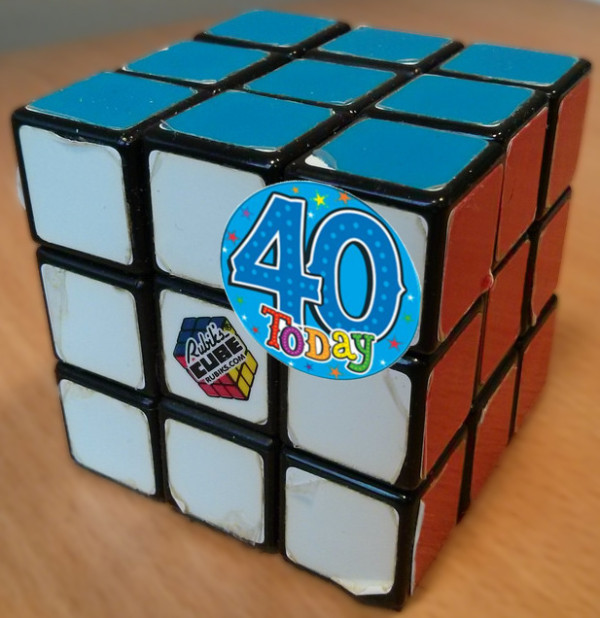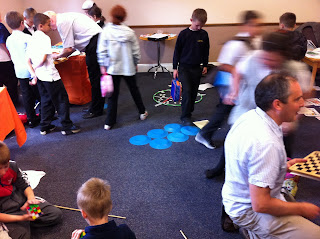The New Year Honours list 2013 was published today. Here we note those awarded in relation to mathematics. Are there any others I’ve missed? Please enlighten us in the comments.
In addition, theoretical particle physicist Prof. Peter Higgs was appointed Companion of Honour “for services to Physics”, Professor Keith Burnett CBE FRS, physicist and Vice-Chancellor of the University of Sheffield was knighted “for services to Science and Higher Education” and Jeremy Buckle, event director of the Big Bang: UK Young Scientists and Engineers Fair, was awarded the Medal of the Order of the British Empire “for services to Science and Engineering”.
A full list may be obtained from the Cabinet Office website.
Update (14:23): Thanks to Mr H in the comments for adding Jerry Roberts, who worked on deciphering Tunny (Lorenz) at Bletchley Park during World War II, awarded MBE “for services to the work of Bletchley Park and to codebreaking” (listed as Raymond Clarke Roberts, in the departmental list, rather than the general).
Update (02/01/2013 12:38): Hetan Shah, Executive Director of the Royal Statistical Society, has tweeted that two RSS fellows not mentioned here are included on the list, that is Prof. Ian Diamond FBA FRSE, Principal and Vice-Chancellor, University of Aberdeen, knighted “for services to Social Science and Higher Education”, and Prof. David Hand, Senior Research Investigator, Imperial College London, awarded OBE “for services to Research and Innovation”.

